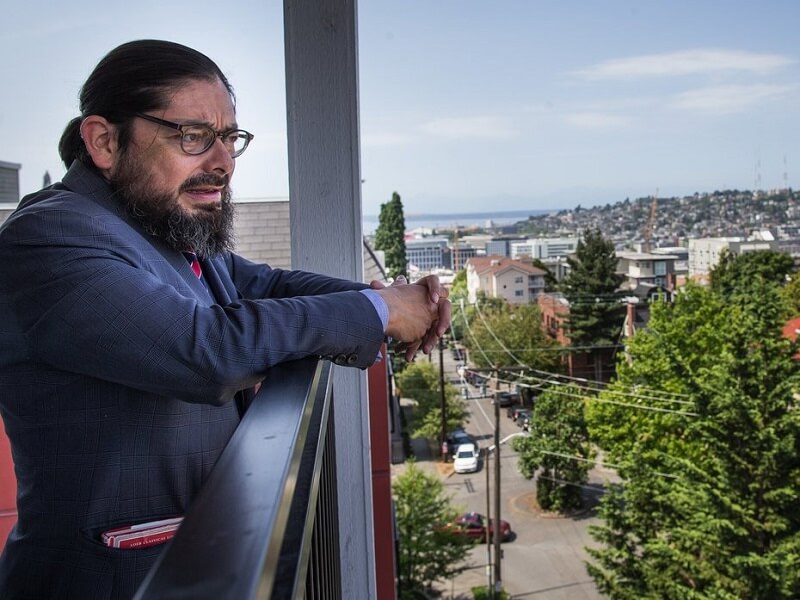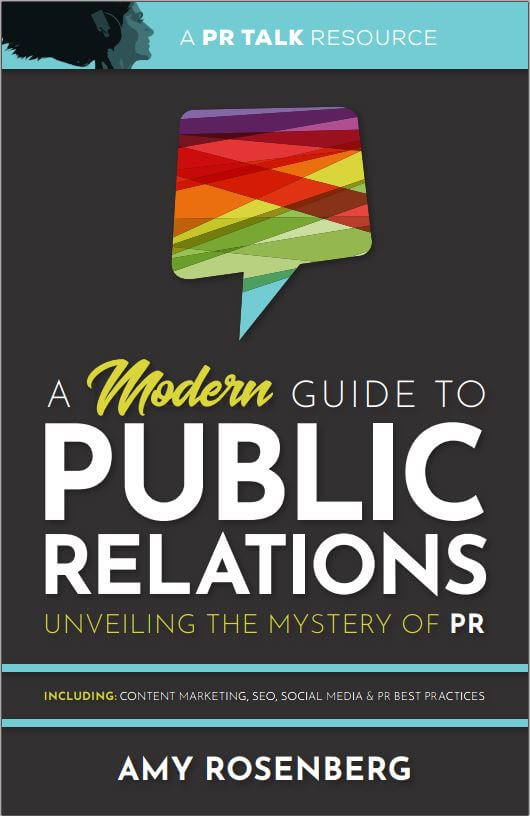“A proliferation of product type enables consumers to make better choices. If the choices are limited, competition increases and prices increase. More is better,” Roger Valdez, Seattle for Growth
Seattle Housing Advocate and Forbes Writer, Roger Valdez, Explains the Difference Between Advocacy and Public Relations
Roger Valdez is the embodiment of my two work passions—public relations and real estate. As the Director of Seattle for Growth, formerly Smart Growth Seattle, Roger has been advocating for more housing options in every Seattle-area neighborhood for all kinds of incomes, from micro-housing to mansions and tenant housing to owner-occupied.
His nonprofit has been at the center of well-known Seattle real estate debates for more than five years. That’s why he was able to snag a regular column on Forbes.com — that he does not pay for — representing the Emerald City’s housing market. Abiding by a quota of two posts per week, many of his columns are specific to Seattle-area policies and issues, but PR people will be happy to know that he sometimes references the sources we send his way on Forbes. He’ll even delve into another state’s issues so if you’re in any kind of communications role for a real estate, construction or housing entity, getting to know Roger would probably be a good idea. This conversation traversed between heady real estate policy, inventory and pricing topics; and edgy PR tips that might leave some of us shaking in our boots. High-level thoughts on how journalists can influence the housing market and policy are intertwined with real-life examples of how he relates to the press. The conversation gets really interesting when Roger relates urban living to a social mashup forcing us to work through uncomfortable situations, like homelessness and crime, together. So you’ll surely be entertained as we near the end of the episode where Roger’s tips for getting included in his columns can be found.
How the Press Affects Consumer Sentiment
As I stumble over the difference between what a “median” and a “mean” price is (you’d think I’d remember this from my real estate agent days), Roger gets into how the press, especially the Seattle Times, can use shocking language to influence opinion or confirm existing biases. For example, pointing to “Average Prices” to sum up how the housing market is doing within a headline can negatively influence buyer sentiment. Roger concedes that the article is factual, but buried at the end is the explanation about what’s truly going on in the market. Headlines can strongly deter would-be homeowners because they don’t read the full article.
“Using average prices and wages to measure our so-called crisis is an abuse of averages,” Roger says. “The easiest thing the press can do is confirm people’s bias.”
Waging a Press War: Advocacy versus PR
In his role at Seattle for Growth, Roger publically brings criticism to reporters and editors. It’s not that he’s getting huffy when they’re not writing the story he wants, but it’s situations like the above that get him worked up. “When it comes to price, dig into what the dynamic is,” he says. “How can we better utilize data to talk about the market?” Roger says that he might think differently about blatantly fighting with the press if he were representing multiple PR clients. One burnt bridge could affect all the clients. He points out that he’s an advocate in the broadest possible sense. Beyond just aiming for the story, an advocate is in it for the long haul, attempting to change the way we think, ultimately affecting policy. He recognizes the press as having huge power in this regard. So if he feels that they are misunderstanding an issue and unintentionally swaying people, he’s going to do everything in his power to correct that — whether that be complaining directly to the newspaper’s staff, commenting with a correction online or utilizing his own channels to post about it. “If a story is really bad someone will get hurt because of it,” he says. One thing is for sure: Roger is not coy. However, it’s important to keep in mind that Roger doesn’t think his bold approach with newsrooms actually hurts his chances of future stories. “They get where I’m coming from. Hearing criticism makes them think twice.” But again, he reminds us that he wouldn’t be as aggressive if he were solely working in a PR capacity.
This is a special edition of StreetTalk, a podcast about Portland’s (and Seattle’s) ever-changing communal landscape.









